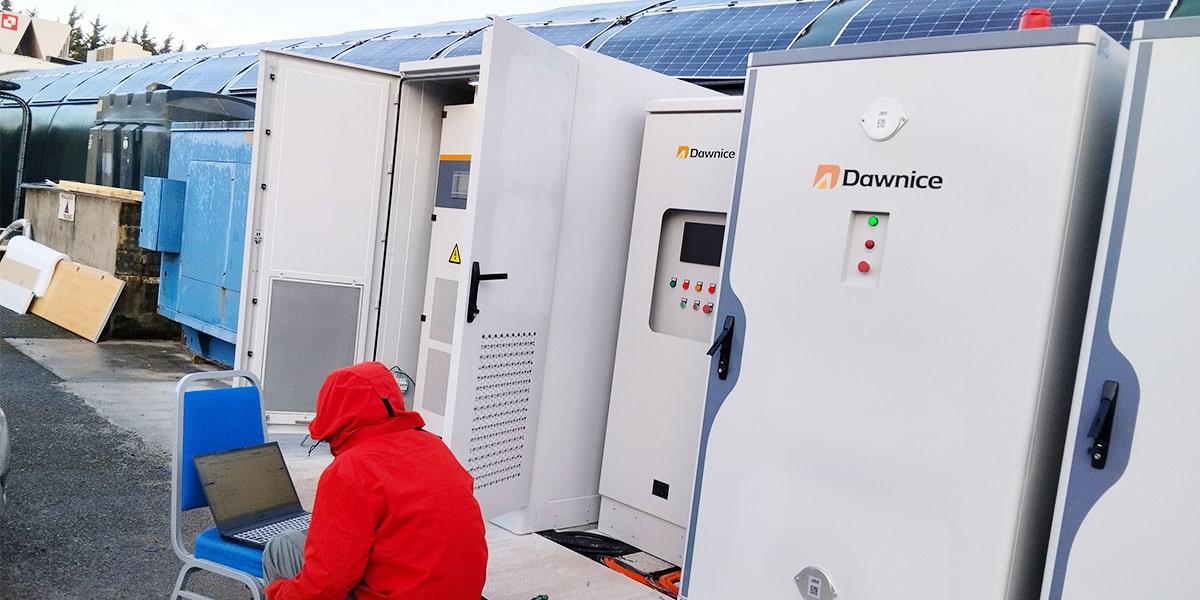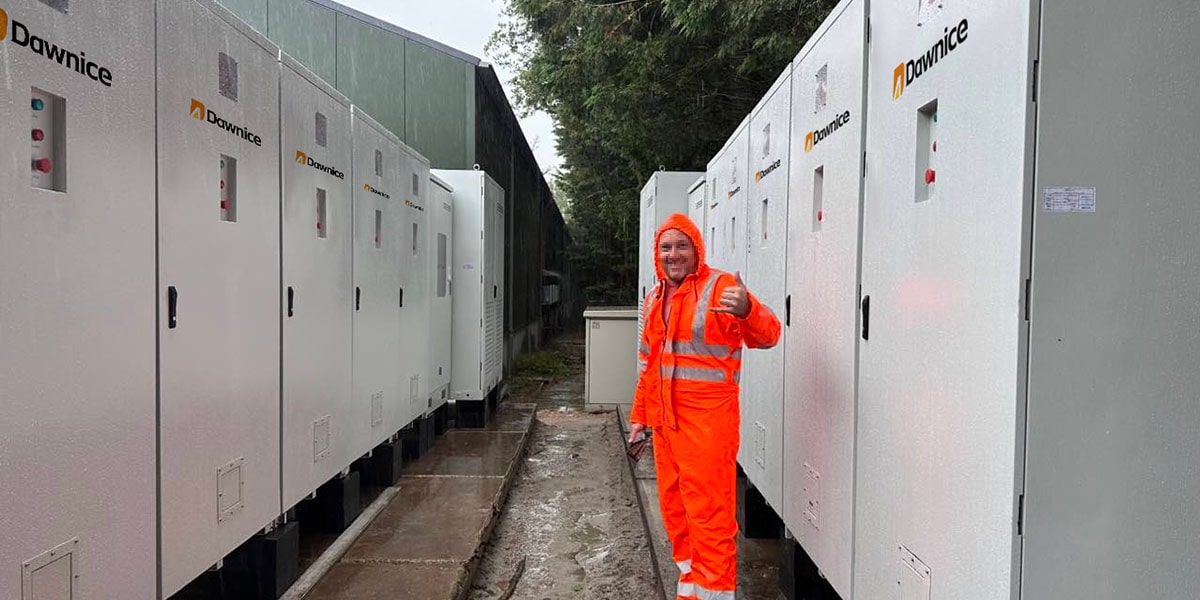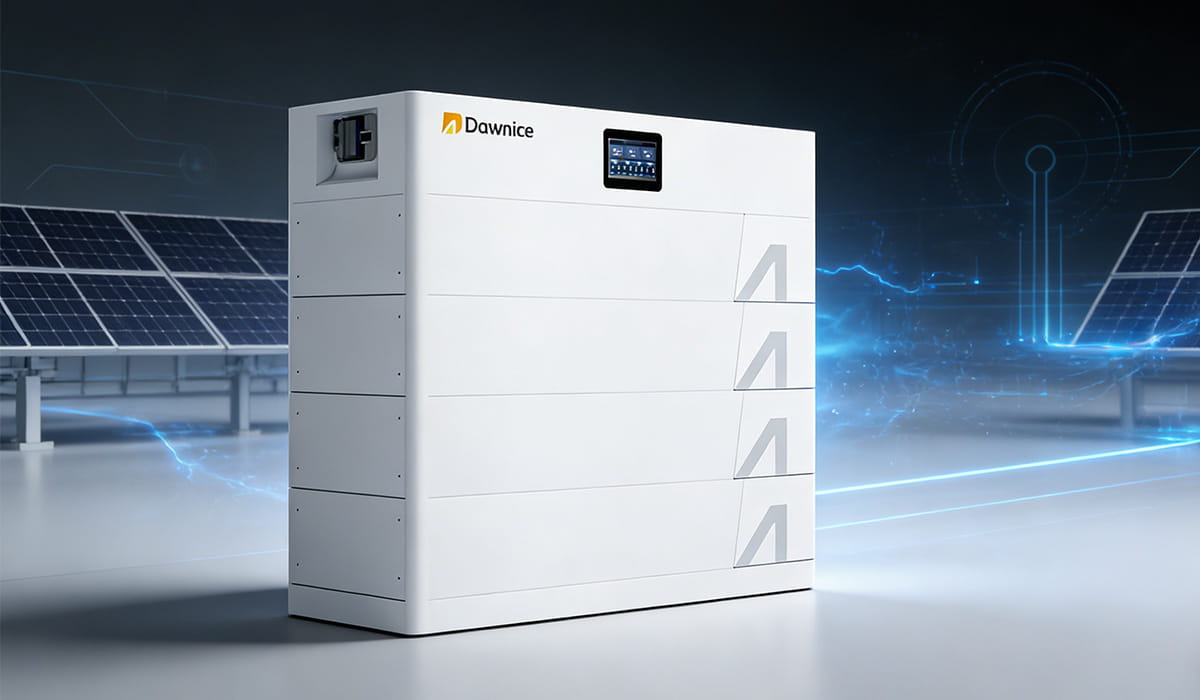Blog
Blog
The Complete Guide to FAT & SAT Testing for Energy Storage Batteries: From Factory to Field Acceptance
Published by Dawnice, April 17, 2025
When shopping online, do you carefully check product details and buyer reviews? Energy storage battery systems require similar “pre-purchase inspection” and “post-delivery verification”—this is where FAT (Factory Acceptance Testing) and SAT (Site Acceptance Testing) come into play. These technical terms represent the “dual safeguards” ensuring battery system safety.

I. What Are the “Dual Safeguards” in Battery Acceptance?
FAT works like a car’s factory inspection:
- ? Location: Battery production facility (think “manufacturer’s workshop”)
- ⏰ Timing: Final quality checkpoint before shipment
- ? Mission: Verify if batteries meet specs—from appearance to performance
SAT resembles a pre-delivery vehicle check:
- ? Location: Actual installation site (e.g., solar farm or energy storage station)
- ⏰ Timing: Post-installation commissioning
- ? Focus: System-environment compatibility (e.g., local temperature impacts on charging)
II. The “Checkup Checklist” for Testing Procedures
1. 6 Must-Test Items in FAT
- Visual Inspection:
Check for casing deformities or oxidized terminals - Performance Tests (3+X Standards):
- Capacity test: Measuring the battery’s “lung capacity”
- Cycle life: Simulating capacity decay after 1,000 charge-discharge cycles
- Thermal runaway protection: Triggering overcharge to test fire suppression response within 3 seconds
- Custom tests: e.g., Cold-start capability at -30°C
- Smart System Communication:
Simulate “conversations” with BMS management systems to verify protocol compatibility
2. 3 Hidden SAT Evaluation Points
- Environmental Adaptation:
Case Study: Batteries tested at sea level showed 12% reduced cooling efficiency at 3,000m altitude in a Northwest China solar project - Grid Compatibility:
Ensure systems understand regional “grid dialects”—like responding to voltage fluctuations - Emergency Drills:
Test seamless transition to backup power within 0.2 seconds during blackouts
III. Common Pitfalls in Acceptance Testing
Industry data reveals frequent issues:
Issue Type FAT Phase SAT Phase
Communication Protocol Mismatch 35% 18%
Cooling System Abnormalities 22% 41%
Installation Errors Causing Short Circuits 5% 27%
Real-World Example:
A commercial storage project passed FAT but failed SAT when battery cabinets were installed 15cm from fire sprinklers—requiring costly layout adjustments.

IV. Actionable Tips for Project Owners
- Pre-Testing Prep:
- Demand test case checklists with pass/fail criteria
- Arrange virtual FAT witness via live video streams
- Conflict Resolution:
- Suspect capacity fade? Engage third-party testing immediately
- Protocol mismatch? Request protocol conversion gateways
- Documentation:
Secure CMA-certified test reports—they’re golden tickets for warranty claims
Pro Tip: Some manufacturers now offer “Cloud FAT” services using 5G live-streaming, cutting acceptance time by 40%.
Final Thoughts
FAT and SAT act as a battery system’s “final exam” and “job interview”—one certifies product quality, the other proves real-world readiness. Understanding their roles helps prevent disputes and ensures safer energy storage systems. Next time you’re involved in acceptance testing, use this guide to become a savvy “battery doctor”.






